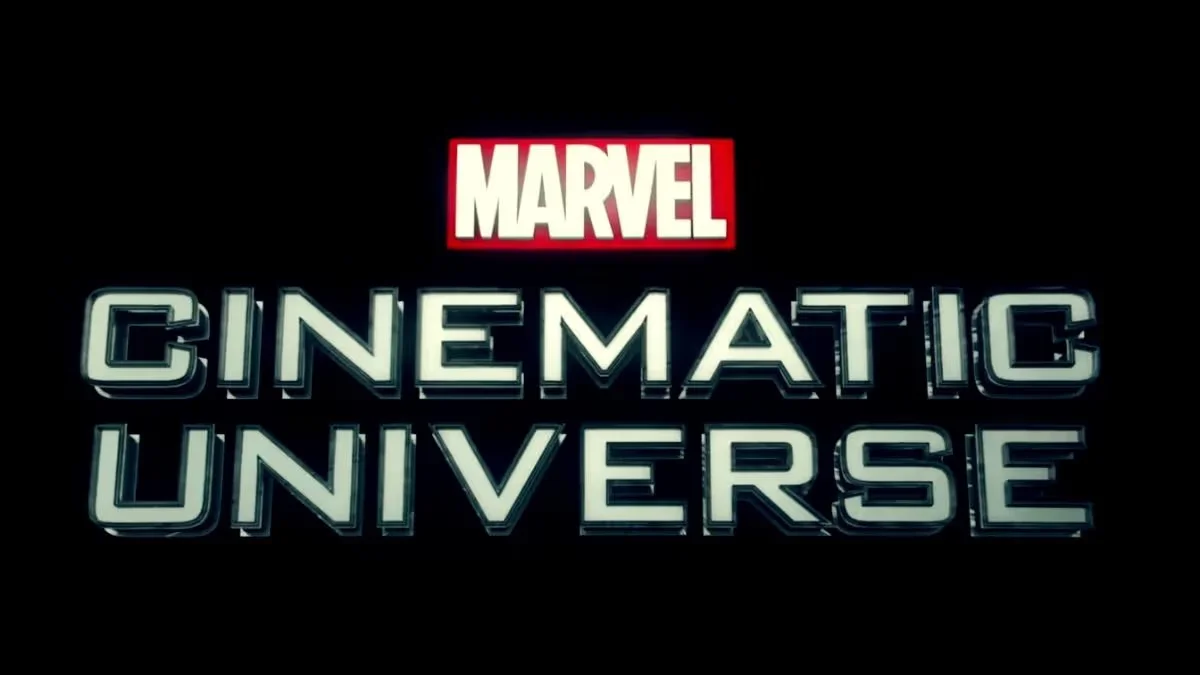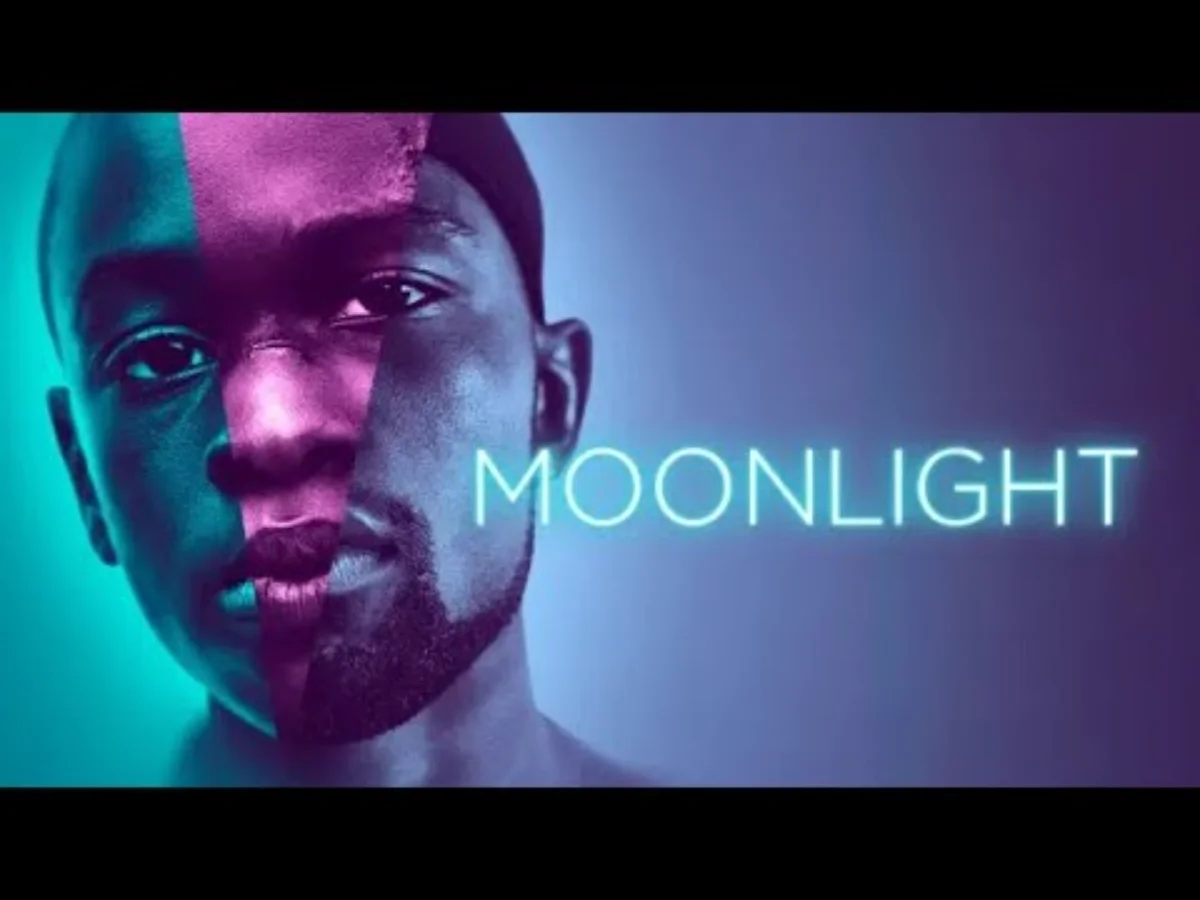How Movies Influence Pop Culture and Society
Films have always been more than entertainment. They mould how we think, talk, and perceive the world. Cinema has always reflected or influenced culture, and its impact on society cannot be denied. From trailblazing storytelling to memorable performances, few other mediums have shaped society like film. Let’s explore how cinema continues to push social change and craft the cultural landscape.
Quick Guide: 5 Ways Movies Influence Pop Culture & Society
- Reflecting Society – Films act as mirrors to social issues, political climates, and historical movements.
- Setting Trends – Iconic films inspire fashion, catchphrases, and cultural aesthetics.
- Driving Social Change – Powerful storytelling encourages empathy, activism, and policy discussion.
- Amplifying Voices – Indie and global cinema bring marginalised perspectives into the mainstream.
- Leaving a Legacy – Some films become timeless cultural landmarks, reshaping how we see the world.
Pro Tip
Pay attention to the details—movies influence not just what we say or wear, but how we think about identity, justice, love, and the future.
Important Note
Cinema doesn’t just follow trends—it creates them, often years ahead of public discourse. Film can change minds, empower communities, and spark global conversations.
Cinema as a Reflection of Society

One of cinema’s most powerful features is its ability to reflect society. Movies often barometer their time, capturing social issues, political climates, and cultural shifts. Independent cinema, in particular, has paved the way for stories mainstream studios may have overlooked, providing fresh perspectives and opening up crucial dialogues.
For instance, films like To Kill a Mockingbird raised awareness of racial injustice, while Philadelphia highlighted the AIDS crisis and homophobia. These films did more than mirror societal ills—they influenced public discourse and encouraged audiences to confront uncomfortable truths. When a film resonates deeply, it can act as a catalyst for social change.
Films often document moments of political upheaval, economic change, or cultural evolution, preserving these narratives for future generations. Documentaries, in particular, serve as historical records, capturing pivotal moments and ensuring that these stories remain in the public consciousness.

Defining Trends and Shaping Pop Culture
Movies have an extraordinary power to shape pop culture. Iconic films don’t just entertain; they set fashion, music, and language trends. Think about the leather jackets and rebellious attitude popularised by Rebel Without a Cause or the legendary Star Wars quote, “May the Force be with you,” which became a cultural phenomenon.
The influence of film on culture can be seen in everyday life. Quotes, motifs, and aesthetics from movies permeate popular media, advertising, and even political speech. The Marvel Cinematic Universe (MCU) has dominated the box office and reshaped entertainment models, inspiring many brands to adopt a shared universe approach.
Movies also redefine societal ideals. Romantic comedies have influenced dating culture, action heroes have redefined masculinity, and science fiction films have shaped discussions about technology and the future. Whether subtly or overtly, films infiltrate our daily lives, dictating how we dress, talk, and dream.

Driving Social Change Through Storytelling
Cinema and social change have been closely related for decades. Storytelling has the power to evoke empathy and inspire movements. Films like Brokeback Mountain and Moonlight brought LGBTQ+ narratives into the mainstream, challenging stereotypes and promoting acceptance.
Documentaries have emerged as powerful tools for advocacy. Films like An Inconvenient Truth and 13th have raised awareness about climate change and systemic racism, sparking global conversations and influencing policy decisions. When audiences connect with a story, they’re more likely to take action, making movies a formidable force for social progress.
In some cases, films have even inspired legislation or policy changes. For example, Philadelphia contributed to increased empathy and awareness for those affected by HIV/AIDS, while The Hate U Give amplified conversations about police brutality and racial injustice.
Breaking Boundaries and Amplifying Diverse Voices
The rise of indie cinema has played a crucial role in amplifying diverse voices and challenging traditional narratives. Independent filmmakers often tackle subjects mainstream studios avoid, providing a platform for marginalised communities and unheard stories.
For instance, The Farewell explored cultural identity and family dynamics through an Asian-American lens, while Parasite offered a scathing critique of class inequality that resonated worldwide. These films didn’t just win awards—they sparked conversations and challenged societal norms, paving the way for more excellent representation in cinema.
Some of the best independent movies illuminate underrepresented communities, providing perspectives that mainstream Hollywood has long ignored. These films foster understanding and compassion, encouraging audiences to see the world through a new lens.
Movies That Changed Society
Some films transcend entertainment, leaving an indelible mark on society.
- Historical Films: Schindler’s List and Hotel Rwanda educated audiences about historical atrocities, ensuring these stories are never forgotten.
- Cultural Milestones: Black Panther celebrated Black culture and shattered stereotypes, inspiring a new generation of filmmakers and fans.
- Romantic Comedies: When Harry Met Sally redefined modern relationships.
- Coming-of-Age Films: The Breakfast Club gave voice to teenage struggles and identity crises.
- Science Fiction: Blade Runner and The Matrix pushed the boundaries of philosophical and technological discussions, exploring the implications of AI, surveillance, and corporate control.
5 Frequently Asked Questions (FAQs)
1. How do movies influence everyday life?
From slang and fashion to shifting views on social issues, movies often shape how people speak, dress, and perceive the world.
2. Can a movie really cause social change?
Yes. Films like Philadelphia, An Inconvenient Truth, and 13th have influenced public opinion and even led to policy discussions or cultural shifts.
3. Are independent films more impactful than mainstream movies?
They can be. Indie films often tell stories mainstream cinema avoids, giving a voice to underrepresented communities and challenging traditional norms.
4. What are examples of movies influencing pop culture?
Star Wars influenced generations of sci-fi fans and pop culture; Black Panther reshaped superhero representation and cultural celebration.
5. Will movies continue to influence society in the digital age?
Absolutely. With global streaming, cinema’s reach is wider than ever, allowing it to shape cultural norms across borders and generations.
The Future of Film and Cultural Influence
As technology evolves, so does the relationship between cinema and social change. Streaming platforms have made films more accessible than ever, allowing stories from around the world to reach diverse audiences. This global exchange of ideas has enriched cinema and deepened its cultural impact.
The best independent movies are now winning more awards than ever, a testament to shifting tides in the industry. As filmmakers push boundaries and challenge norms, movies’ influence on pop culture and society will only grow stronger.
As audiences demand more diverse narratives, filmmakers explore new stories and perspectives, creating a richer cinematic landscape that better reflects the world around us.
In a world where stories have the power to change hearts and minds, cinema remains one of the most potent tools for shaping the future.
What movie has made the most significant impact on your life? Share your thoughts below, and let’s celebrate the films that have changed our world!